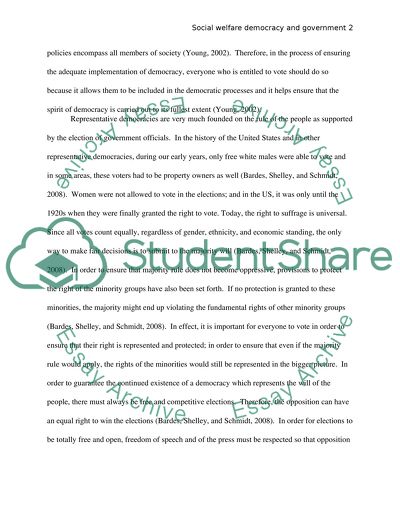Cite this document
(“Social Welfare Democracy and Government ( Social work) Essay”, n.d.)
Retrieved from https://studentshare.org/environmental-studies/1408922-social-welfare-democracy-and-government-social
Retrieved from https://studentshare.org/environmental-studies/1408922-social-welfare-democracy-and-government-social
(Social Welfare Democracy and Government ( Social Work) Essay)
https://studentshare.org/environmental-studies/1408922-social-welfare-democracy-and-government-social.
https://studentshare.org/environmental-studies/1408922-social-welfare-democracy-and-government-social.
“Social Welfare Democracy and Government ( Social Work) Essay”, n.d. https://studentshare.org/environmental-studies/1408922-social-welfare-democracy-and-government-social.


